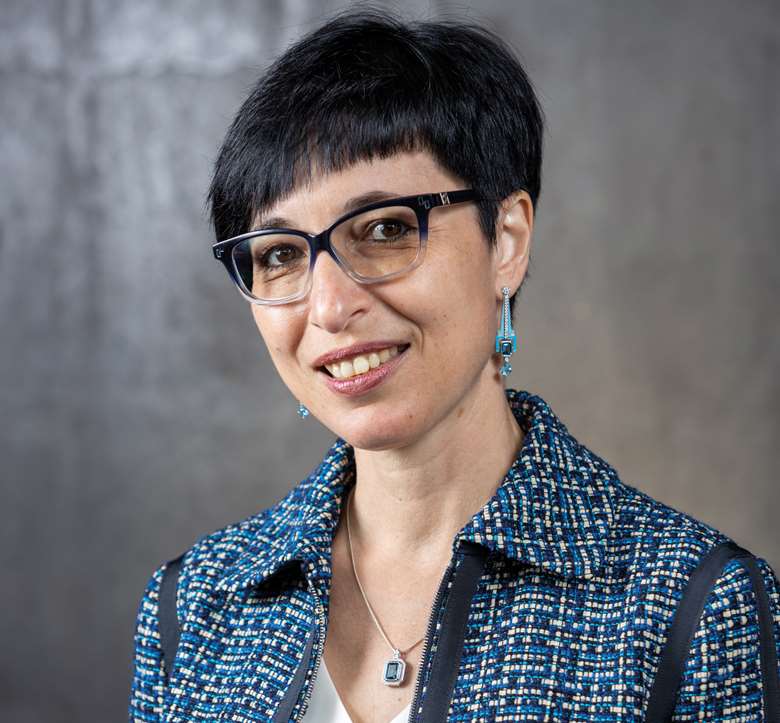How the LPO is programming its seasons for a modern audience
James Jolly
Friday, July 12, 2024
The Artistic Director of the London Philharmonic, Elena Dubinets talks to James Jolly about her plans for the future, and how working with UK and US ensembles differ

Register now to continue reading
Thanks for exploring the Gramophone website. Sign up for a free account today to enjoy the following benefits:
- Free access to 3 subscriber-only articles per month
- Unlimited access to our news, podcasts and awards pages
- Free weekly email newsletter













